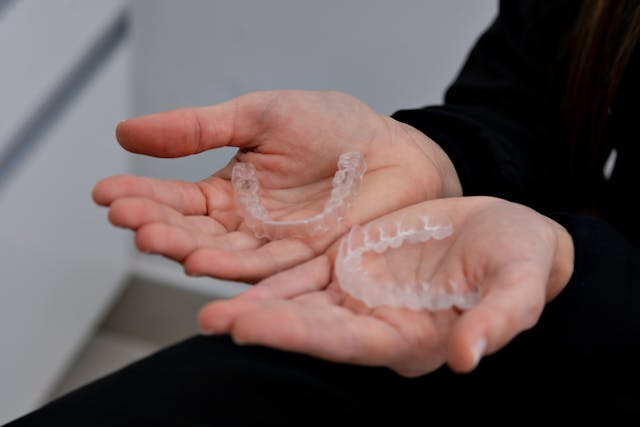Whether you’re a seasoned traveler or embarking on your first international adventure, dental emergencies can be a stressful and unexpected challenge. Being prepared for dental emergencies, especially when traveling abroad is crucial. From toothaches and lost fillings to broken teeth and dental abscesses, knowing what to do in a dental emergency can make all the difference in minimizing stress and ensuring prompt treatment.
Through this informative article, the emergency dentist in Land Park, Sacramento will explore the essential steps to take in a dental emergency while traveling, including how to prepare, what to do in common dental emergencies, and how to find reliable dental care in unfamiliar territory.
How to Prepare for Dental Emergencies While Traveling?
Preparing for dental emergencies while traveling can help minimize stress and ensure prompt treatment. Here are some steps to take:
Research and Planning
- Check your dental insurance: Verify if your dental insurance covers you while traveling abroad.
- Research local dental care: Look into your destination’s local healthcare system and dental care options.
- Find English-speaking dentists: Identify dentists who speak your language and have experience working with international patients.
Dental Emergency Kit
- Pain relievers: Pack pain relievers like ibuprofen or acetaminophen.
- Dental cement: Include dental cement to repair lost fillings or broken teeth temporarily.
- Gauze: Add gauze to stop bleeding in case of a dental emergency.
- Antibacterial mouthwash: Pack antibacterial mouthwash to help prevent infection.
Important Documents
- Dental records: Bring a copy of your dental records, including X-rays and treatment plans.
- Insurance cards: Pack your dental insurance cards and identification.
- Emergency contact information: Leave a copy of your emergency contact information with a trusted friend or family member.
Pre-Travel Dental Checkup
- Schedule a checkup: Visit your dentist before traveling to ensure your teeth and gums are healthy.
- Address any issues: Have your dentist address any dental problems, such as cavities or cracked teeth, before you travel.
What to Do in Common Dental Emergencies While Traveling?
Here are some common dental emergencies and what to do if they happen while you’re traveling:
- Toothache: If you have a toothache, try to see a dentist as soon as possible. In the meantime, use pain relievers like ibuprofen or acetaminophen to manage pain.
- Lost filling: If you lose a filling, use dental cement to cover the tooth and prevent further decay. See a dentist as soon as possible to have the filling replaced.
- Broken tooth: If you break a tooth, use gauze to stop any bleeding and apply a cold compress to reduce swelling. See a dentist as soon as possible to have the tooth repaired or replaced.
- Dental abscess: If you have a dental abscess, see a dentist as soon as possible. Antibiotics may be prescribed to treat the infection.
Finding Dental Care While Abroad
If you need dental care while traveling, here are some ways to find a dentist:
- Ask your hotel or travel agency: Ask your hotel or travel agency for recommendations on local dentists.
- Check online reviews: Check online reviews like Google or Yelp to find highly-rated dentists in the area.
- Contact your embassy or consulate: Contact your embassy or consulate for recommendations on local dentists who speak your language.
- Look for international dental associations: Look for international dental associations like the International Congress of Oral Implantologists (ICOI) or the International Association for Dental Research (IADR) for recommendations on local dentists.
Takeaway
Dental emergencies can happen anywhere, at any time, and being prepared is key to minimizing stress and ensuring prompt treatment. By preparing before you travel, knowing what to do in common dental emergencies, and knowing how to find dental care while abroad, you can enjoy your trip with confidence. Remember to always prioritize your oral health, even while traveling, and seek dental care if you experience any dental emergencies.







